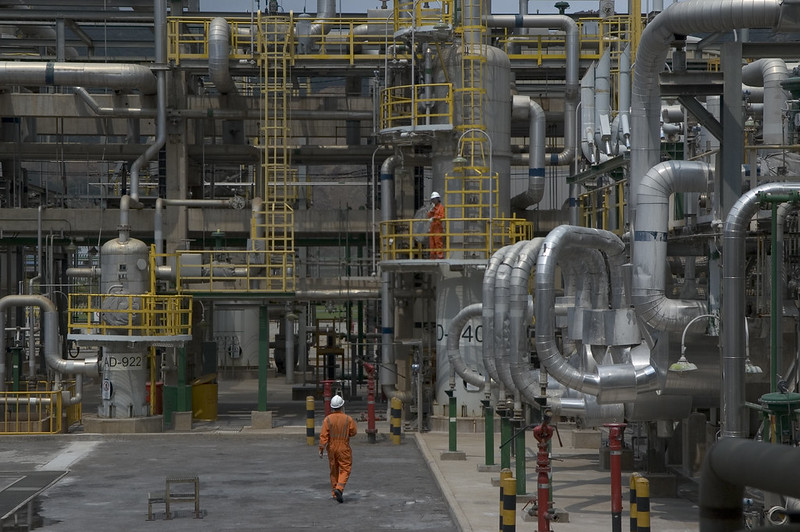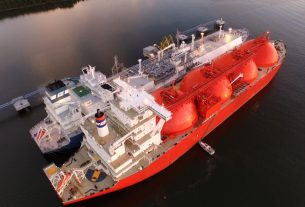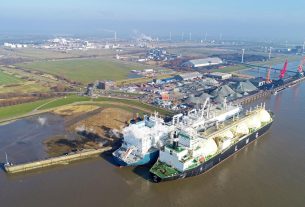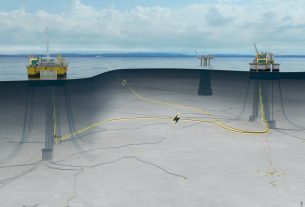Bp and Microsoft announce to work together as strategic partners to promote the digital transformation in energy systems. The companies link their joint ambitions to completely eliminate CO2 emissions by 2050.
Earlier this year, bp announced its ambition to become a net zero emissions company by 2050 or earlier. And help the world achieve net zero emissions. By the end of the decade, the company aims to have developed about fifty gigawatts of net renewable production capacity. This means a twenty-fold increase in current capacity and a tenfold increase in current sustainable investments to about five billion dollars. At the same time, BP wants to reduce its oil and gas production by forty percent.
In January 2020, Microsoft announced its goal to be carbon negative by 2030. And to remove more carbon from the environment than it has emitted since its inception by 2050.
Zero Emissions
William Lin, bp executive vice of bp: ‘Bp is determined to achieve net zero emissions and help the world do the same. No one can do it alone. Partnerships with companies like Microsoft, with like-minded ambitions, will be the key to achieving this. By bringing together our complementary skills and experience, we help each other to realize our decarbonization ambitions. In addition, we create opportunities to support others on their path to reducing their CO2 emissions’.
Co-innovation
A memorandum of understanding (MOU) endorses the opportunities that both companies can offer to accelerate progress towards their sustainability goals. Their joint efforts will initially focus on four areas that combine Microsoft’s digital expertise with BP’s insight into energy markets.
- Smart and clean cities – identifying synergies between Microsoft’s Smart Cities initiative and bp’s Clean Cities vision.
- Clean energy parks – co-developing innovative, clean energy parks with an ecosystem of low carbon technologies such as the use and storage of carbon dioxide (CCUS) to prevent or reduce emissions.
- Consumer energy – exploring innovative ways to harness the power of data-driven, personalized, actionable insights to enable energy consumers to manage their home energy consumption and reduce carbon emissions.
- Industrial Internet of Things (IoT) solutions – providing an ‘intelligent edge’ to opportunities for bp production and operational facilities.




